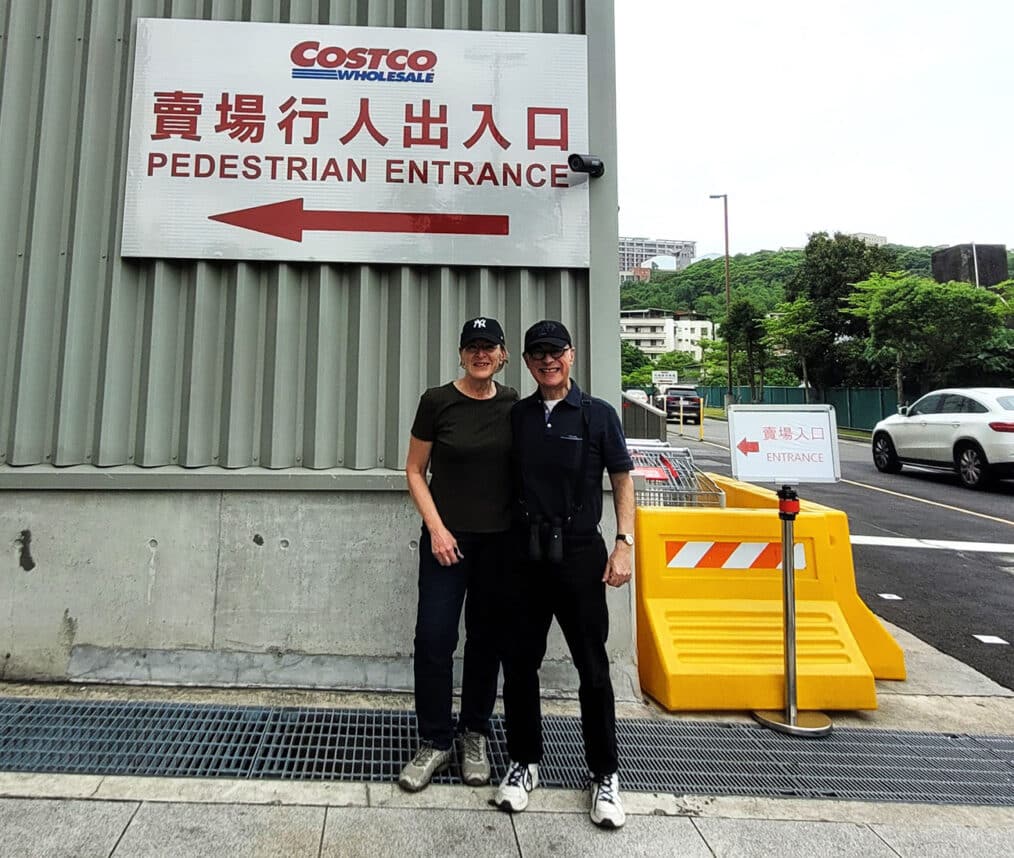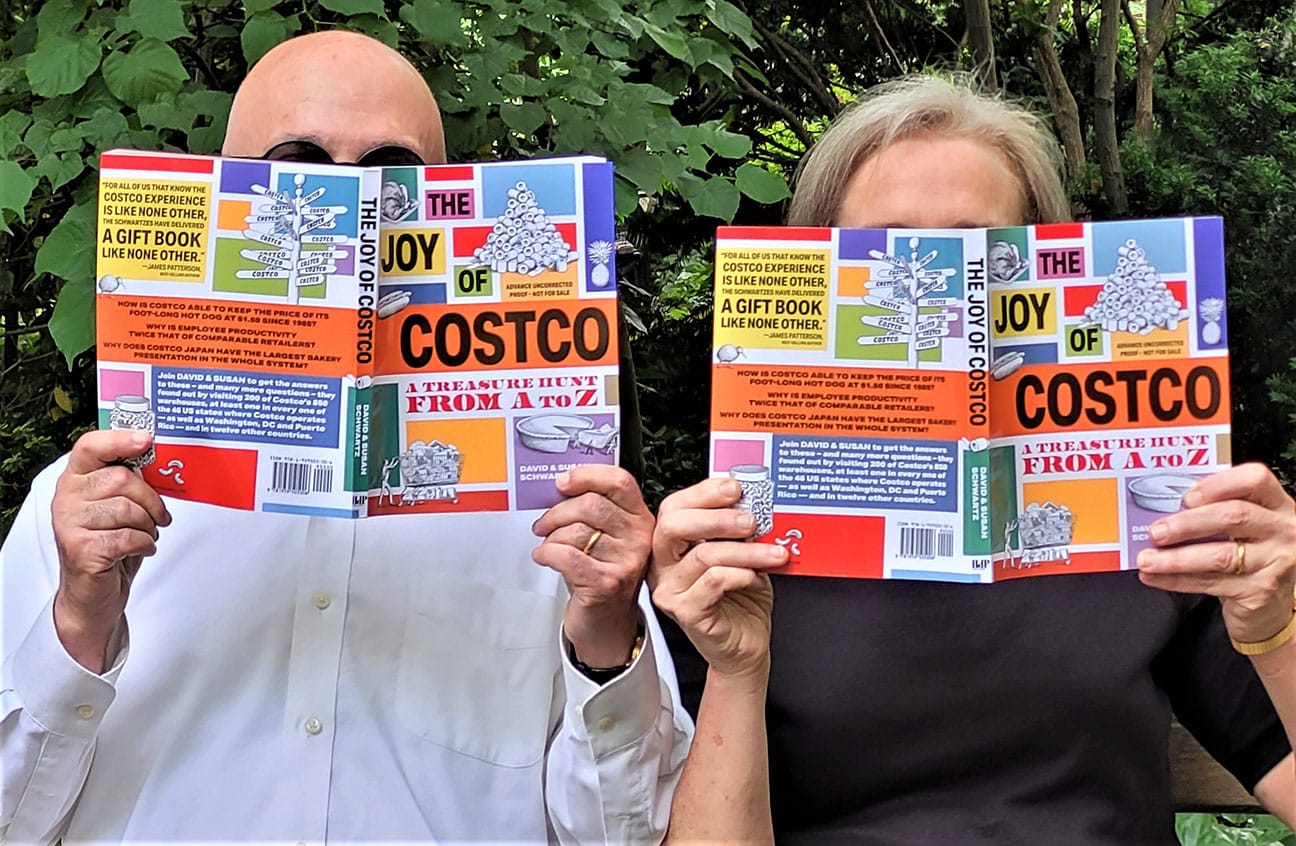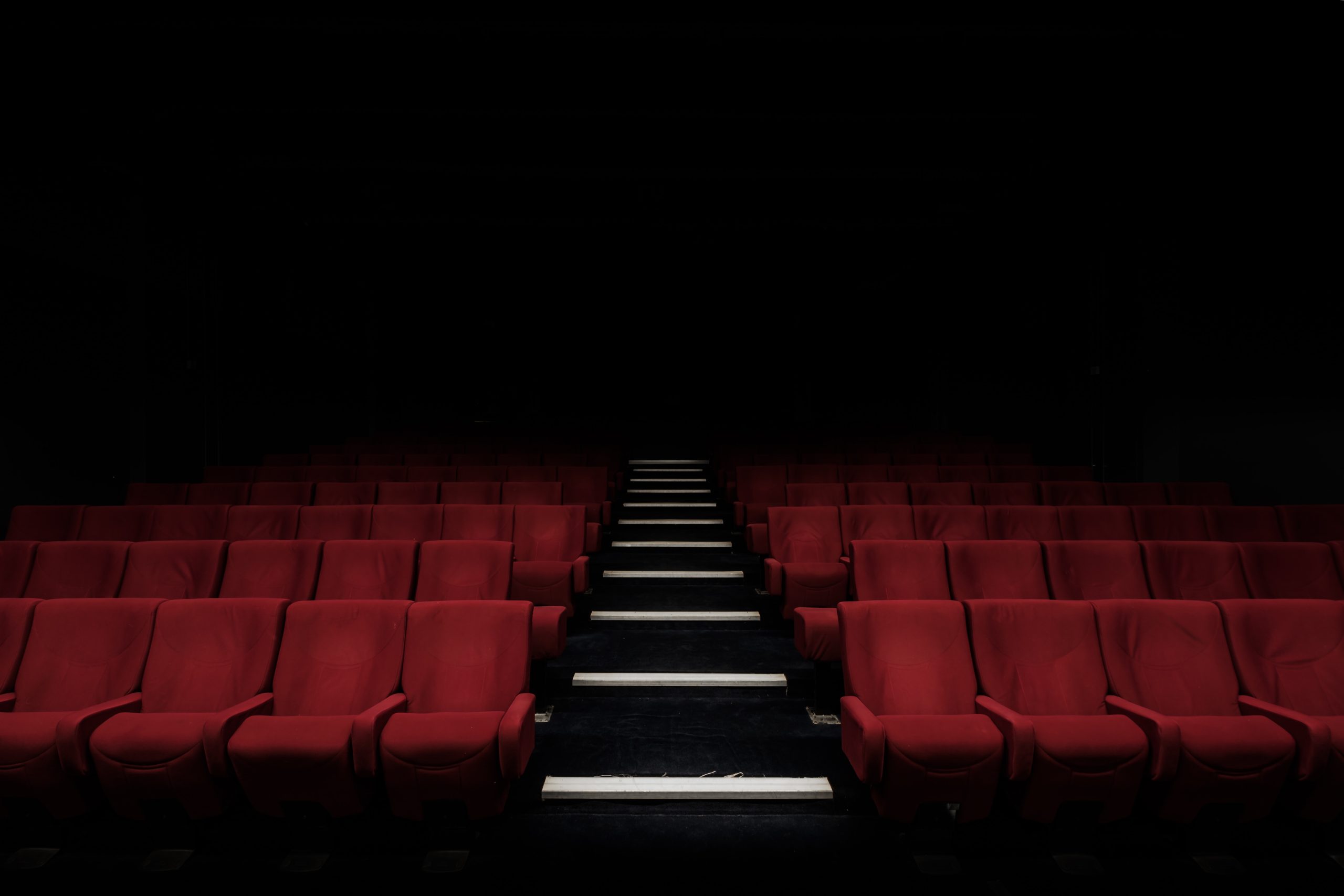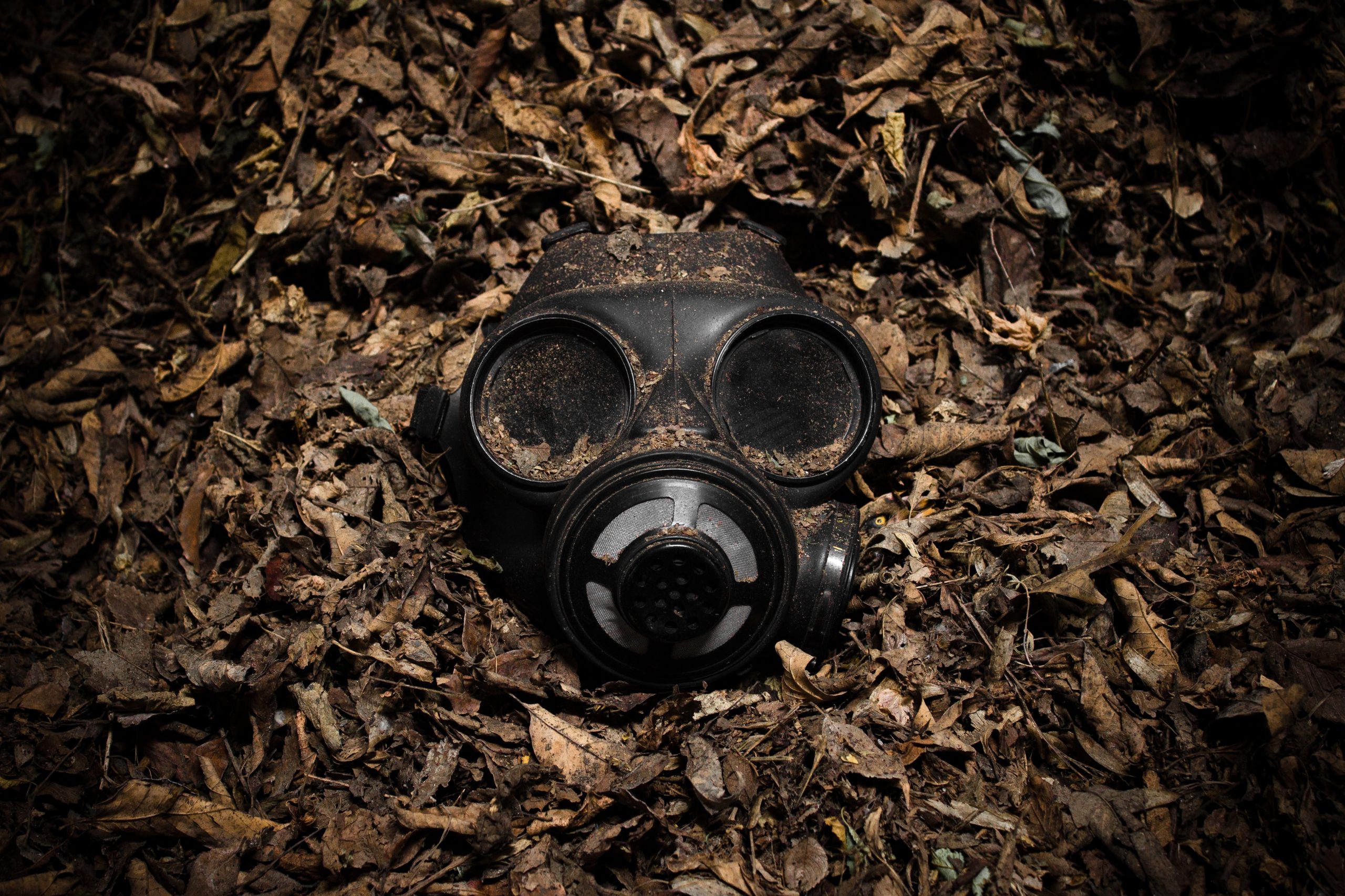David and Susan Schwartz, a married couple and die-hard Costco fans, one day decided to write a book about their favorite store called “The Joy of Costco: A Treasure Hunt from A to Z.” Susan came up with the idea, telling David, “We can travel the world and find out how they operate.”
The two set off on a journey that would end up taking seven years; during that time, they’d travel to 250 Costcos around the world, racking up 220,000 miles. And for much of it, they’d be working on a book that was not in any way approved or authorized by the company.
“It took us two years to meet Jim Sinegal, the co-founder of Costco,” Susan said. “He spent six hours with us and we floated home after the meeting.”
However, they then received the news that Costco didn’t want a book written about the store.
“We were very modest and we plowed on,” Susan said. “We updated Jim by email and told him, ‘This is what we’re doing and here’s how it’s going.’”
The couple thoroughly researched Costco’s history and how they operate in different states in the U.S. as well as countries around the world, discovering all the quirky products in each of the stores.
“It was a treasure hunt,” Susan said.
David was born into a Jewish family in New York but grew up in San Francisco, where he first discovered Costco.
“I was going to the store with my parents, but way back when, it was called Price Club,” he said.
Price Club was started by Sol Price, who was born in 1916 to Jewish-Russian immigrants in New York City. Like David, he then relocated with his parents to California, where he attended San Diego State University and got a law degree from the University of Southern California.
After working as a business lawyer for 12 years, he decided to become an entrepreneur instead, opening up FedMart, a wholesale bulk store with high-quality products and low prices that would later inspire the creation of Walmart. The membership cost only $2, and Price was an innovator; he was the first person to sell gas to consumers at a wholesale price. By 1974, there were 45 FedMarts raking in $300 million in sales.
Price sold FedMart to a German company and opened Price Club, which quickly expanded and went public in 1980. A competitor called Costco, co-founded by attorney Jeffrey Brotman – who was also Jewish – opened, and eventually, the two stores merged.
Behind the scenes, Price and Brotman were highly philanthropic; the former’s Price Philanthropies donated $50 million to his alma mater to open the USC Sol Price School of Public Policy. Brotman contributed generously to the Jewish Federation of Greater Seattle and his synagogue, Temple Beth El in Tacoma, so they could build a new daycare and preschool.
In the book, David and Susan, who grew up going to Costco on the east coast, highlight Costco’s philanthropy and dedication to the wellbeing of its workers.
“Jeffrey was raised in a very generous and charitable family,” David said. “His father Bernie was a retailer who owed a clothing store. One day, he caught someone shoplifting a pair of pants and threw the guy out of the store. He then threw the pants at him. Jeffrey asked Bernie, ‘Why did you do that?’ And Bernie said, ‘Obviously he needs the pants!’”
As for Sol, when he established Price Club in California and then Arizona, he paid the workers in Arizona the same rate, even though the cost of living was much lower.
“When they opened in Seattle in 1983, Jim Sinegal and Jeff Brotman invited the teamsters to see if the workers wanted to unionize,” Susan said. “The teamsters said no one was interested because Costco paid so well.”
Brotman and Price have both passed away, but their legacy lives on through the practices continuing today. How Costco treats its workers made Susan and David fall in love with the store even more; half the workers are full-time and half are part-time, and the company aims to make all the part-time workers full-time. Both kinds of workers can get benefits once they reach a certain threshold, and they receive above minimum wage salaries when starting out. If they’re in college, they may get funding for their education, too.
Susan said, “The employees are really happy, and the retention rate for employees after 1 year is 95%, which is really rare.”
Even though Susan and David didn’t have Costco’s stamp of approval, they enjoyed their seven-year journey visiting the hundreds of stores in places like the U.S., Australia, Canada, China, France, Iceland, Japan, Mexico, New Zealand, Spain and the UK. They looked at products, covering them in A to Z fashion in their book on their “treasure hunt.”
For the letter C, they wrote about cashews after discovering that Costco sells more than half of the world’s cashews. For H, they had to write about the famous hotdogs, which are sold at the stores for $1.50 – the same price they were when the store opened. Additionally, Costco sells more hot dogs than all the baseball stadiums in the U.S. combined. The couple self-published the book under the name “Hot Dog Press” as a nod to them.
The Schwartzes also wrote about the delicious Costco pumpkin pie.
“We learned the secret in the recipe,” Susan said. “We’re going to take that secret to the grave.”
In Juneau, Alaska, they shopped in the world’s smallest Costco, and in Taiwan, they saw that rotisserie chickens are sold with their heads on, in line with cultural customs. David noted how Costco gives back to communities they’re in.
“In Santa Fe, Mexico, there was a Costco built in 2022, and on its roof there is a soccer field, paddleball court, skateboard park and a contemplative garden, which are all open to the public,” he said. “They did it as a thank you to the community for allowing them to build this glorious site.”
Susan added, “Costco does a lot of good deeds and charitable work, and in keeping with our Jewish values, very modestly. They feel they are a part of each of these communities.”
“Costco does a lot of good deeds and charitable work, and in keeping with our Jewish values, very modestly. They feel they are a part of each of these communities.” – Susan Schwartz
Susan enjoys the dill-pickle flavored cashews at her local Costco in Manhattan, and she is impressed by the hearing aids she got there, too.
“When I bought them, I could hear crystal clear,” she said. “I went to High Holiday services and thought it was so noisy when everyone was turning the pages.”
Susan and David live in a 450-square-foot apartment in Manhattan, and they rent out a small storage space to keep all their Costco goods in.
“We take the subway up town, and then a bus across town to get to Costco,” Susan said. “In the summer, we’ll walk the 6 miles to get there. Or we rent a car to go to the one in New Jersey. We’ll make a whole day of it. Costco doesn’t offer professional help, but we’re going to get some.”
As Susan and David kept working on the book, they received a surprise call in April of 2021. It was Jim Sinegal.
“He told us he wanted the book to be accurate,” Susan said.
Susan and David went down to Washington, D.C. to meet with Jim and his team.
“Jim fully appreciated the fact that we published the book ourselves,” she said. “We offered him full review and approval of the manuscript. We never had to sign an NDA even though we sat in on lots of meetings.”

In the end, Costco enjoyed the book so much that they ended up carrying it in their stores.
“We’ve done a lot of exciting things, like getting married, having grandkids and going to the White House,” Susan said. “Seeing our book in Costco was in that realm.”
The two are continuing to explore Costcos and having fun every step of the way.
“We are not shilling for them,” Susan said. “We simply have a passion for Costco that got a little out of hand.”
She continued, “This is the adventure of a lifetime, and we love going on it together.”








